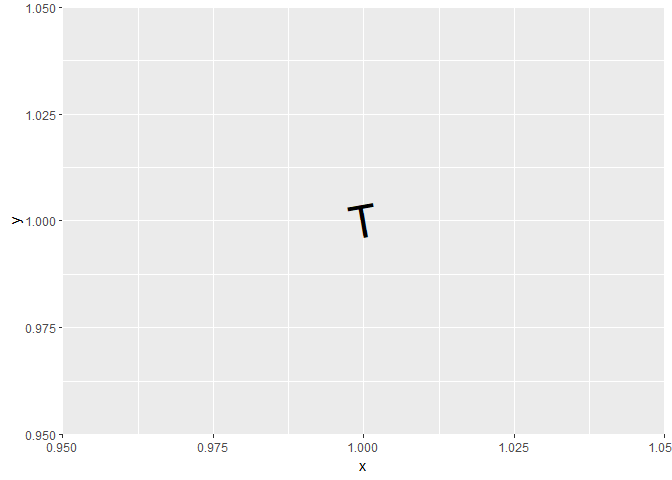The DfE R Community
Current state
The DfE R Community has a lot going for it. We have an active community on Teams, semi-regular community meetings (most notably Coffee & Coding), and a good number of friendly experts who will generally take the time to help others troubleshooting bugs and Shiny app deployments.
If you were to sum up our R Community in a word, I think maturing would be a good fit. But, as with anything, there is room for improvement. As the technologies we’ve adopted in recent years become more embedded, we should step back and ask, What can we do better?
Areas for improvement
While our knowledge of R basics is quite strong, we still have plenty of room for improvement in other important areas. Among these, the most obvious ones are:
Version control: use of Git and GitHub / AZURE DevOps. Git skills are particularly tough to learn, but are much easier in collaboration with others. Good version control habits are extremely valuable skills - not only do they help you code better, they help you think clearly about project development.
Collaboration: currently we don’t do much of this across divisions. This makes sense - different divisions do different things - but the smaller the knowledge-pool is, the easier it is for bad habits to form. Building links between areas will only be a good thing, and will potentially save hours of puzzling if people know where to ask for answers when they run into tough problems.
Best practice: which packages/functions shouldn’t you use? How can you speed up your code? How can you make your code easier for other people to understand? These questions fall under ‘best practice’, and developing ourselves in this area will lead to less bugs, quicker development, and will make handing over projects to other colleagues much less painful.
Events: Previously we’ve had successful programmes like Coffee & Coding in the past, but more recently there hasn’t been much on. Regular DfE R Community catchups will help keep people engaged with the community, working together with other like-minded analysts and developing their skills. It’ll also help us keep abreast of the constant stream of new techniques and technologies emerging in the data-science world.
Q: How can we improve? A: By using GitHub!
Using GitHub for development has several major benefits:
GitHub is open: teams won’t have to make endless access requests in order to work together
GitHub is widely used: we can easily learn lessons from other organisations, e.g. by looking through issues and pull requests on non-DfE projects - R packages from the Tidyverse are good examples
GitHub is transparent: projects if we develop useful code we will get feedback from its users when things break - or when we do things in an obviously sub-optimal way. This will help us build habits of properly maintaining and addressing bugs in existing projects and formally deprecating any defunct/superseded code.
GitHub is collaborative: communicating about code is challenging, but GitHub provides many polished, thoughtful solutions. This will make it easier to give and ask for feedback on code, and will help develop our communication skills as analysts in ways which will be naturally transferable - particularly to internal work we do on AZURE DevOps.
The UK Government Technology Code Of Practice unequivocally supports open source development, and actively encourages government departments to move towards open source as a mode of development:
3. Be open and use open source
Publish your code and use open source software to improve transparency, flexibility and accountability.
As a general rule, projects we develop on GitHub will be potentially useful to members of the public. Needless to say, projects using sensitive data are out of the question.
So… The blog?
The DfE R Community Blog will be a place where we (civil servants at DfE) can share our thoughts, experiences and lessons learnt as we develop code together. These might include technical guides, pieces on specific coding techniques (they don’t have to just be about R!), announcements about community projects, or more reflective pieces like this one. Anyone is welcome to submit contributions - a brief guide for how to do this can be found on the blog’s repo.
How can I get involved?
The easiest way is to go to the DfE R Community organisation on GitHub, find a project you’re interested in and create a new issue saying you want to help! Alternatively, if you have an idea for a new project, message one of the organisation members about it and we’ll help you get set up 😃
If you’d like to write a blog post, you can read about how to do this at the blog’s repo.
Thanks for reading!
That’s all for now! Here’s some R code to reward you for making it this far:
library(tidyverse)
library(gganimate)
text <- "That's All Folks!"
# Create a dataset to plot
plot_data <- tibble(
text = map_chr(seq_len(nchar(text)), ~ substr(text, 1, .x)),
frame = seq_along(text)
)
# Create a plot
p <- ggplot(plot_data, aes(1, 1, label = text)) +
geom_text(size = 12, angle = 10) +
transition_states(frame)
# Animate and print
animate(p, fps = 60)